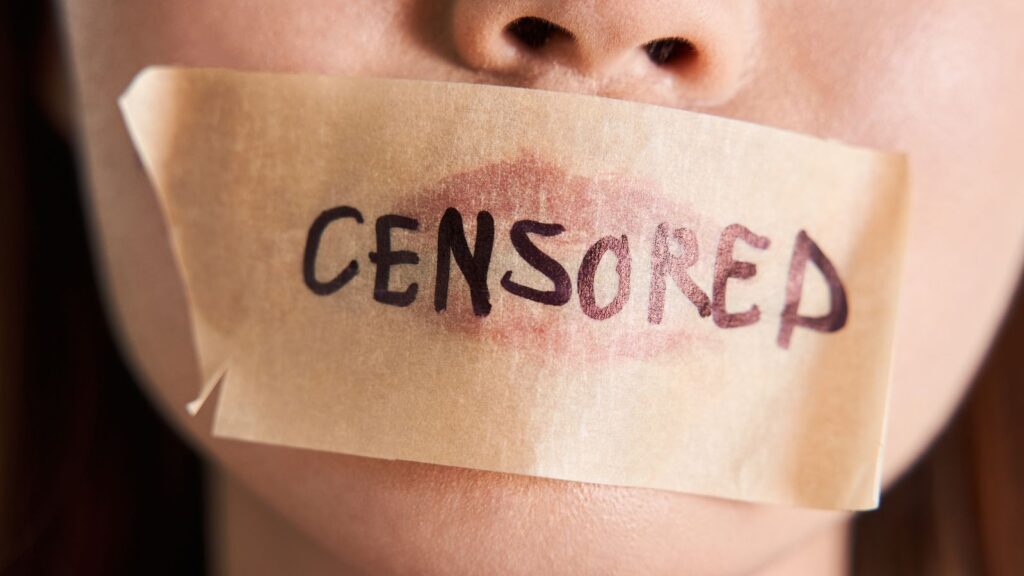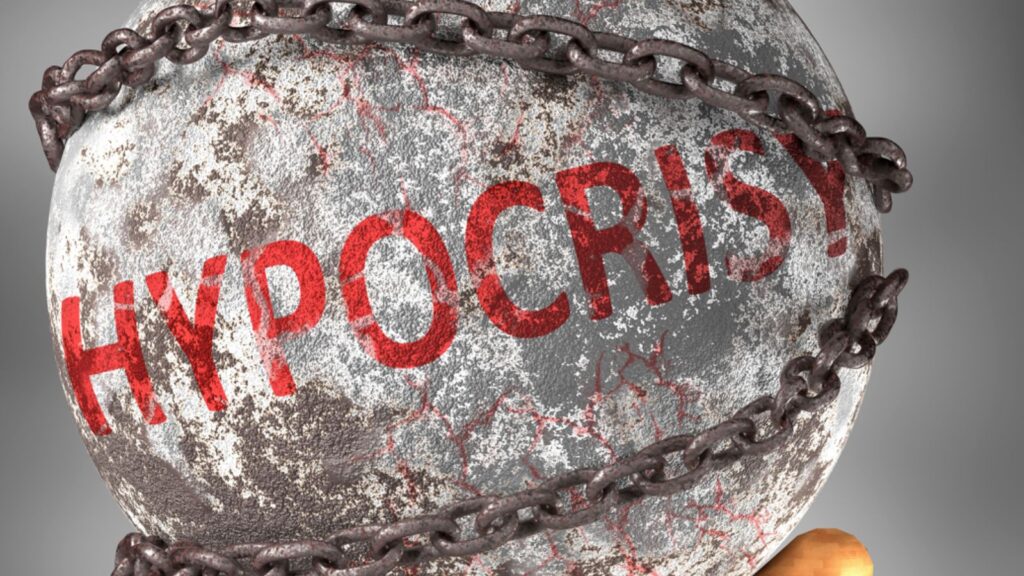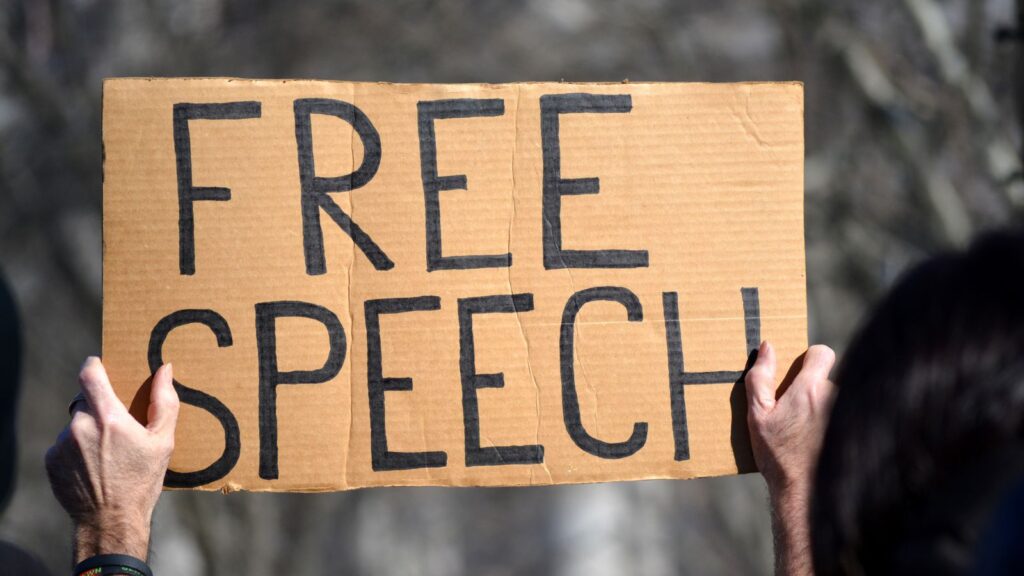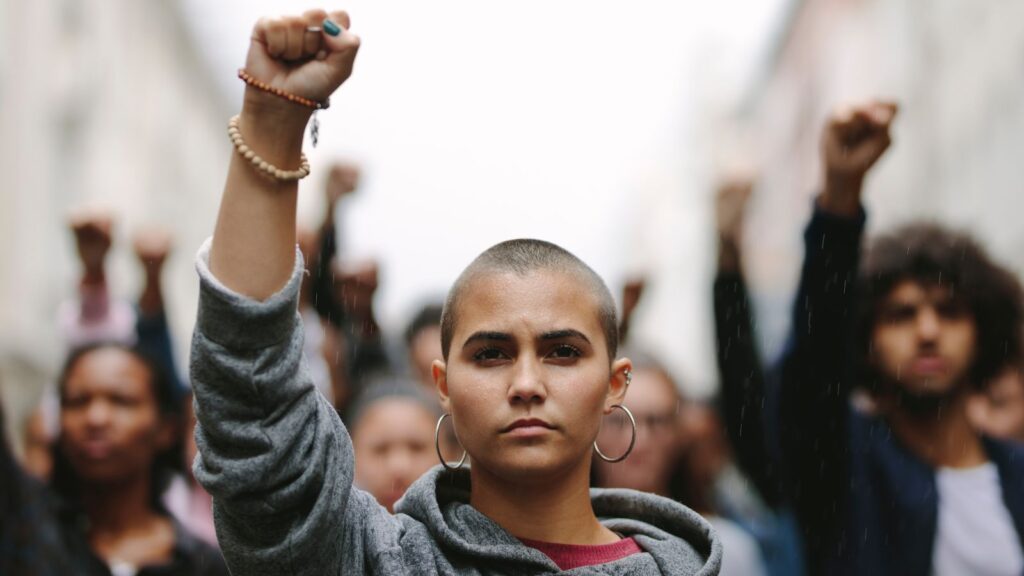In recent years, the term “woke” has evolved from a call for awareness about social justice issues to a contentious buzzword often met with skepticism. Millennials, who were once at the forefront of this movement, are increasingly distancing themselves from it. Here are 19 reasons why.
Deplatforming and Censorship

This is one aspect of wokeism that Millennials don’t like, and they view the practice of removing content or individuals from platforms due to perceived violations of woke norms as suppressing free speech and infringing upon people's basic rights.
Call-Out Culture

The culture of publicly shaming individuals for perceived wrongdoings, even when they show remorse or have apologized, is seen by many Millennials as punitive rather than constructive, as this generally discourages learning and growth from mistakes.
Performance Over Substance

Many Millennials criticize woke culture for prioritizing performative gestures over meaningful action, and virtue signaling, where individuals express socially acceptable views without backing them with substantial actions, is seen as insincere.
Selective Outrage

Woke culture often showcases inconsistent outrage, where certain issues receive disproportionate attention while others are ignored. This selective approach can lead to accusations of hypocrisy and bias, and many Millennials are put off by the “double standards” of some woke rhetoric.
Binary Thinking

Binary thinking is also seen as part of woke culture. It is the tendency to view complex social issues in black-and-white terms, and this leaves little room for nuanced discussion. Binary thinking can also hinder productive dialogue and alienate those with differing perspectives, something that Millennials don’t like.
Economic Realities

Millennials face unique economic challenges that make the idealism of woke culture difficult to prioritize, and the focus on symbolic issues can seem out of touch with their financial realities. After all, this is the generation that was most affected by The Great Recession, which affected their ability to get jobs, pay off their student debt, and buy their own homes. These factors make Millennials extra sensitive to woke economic ideals, as they are still paying the price of harsh economic times.
Desire for Authenticity

Millennials value genuine understanding and empathy, and they find many of the performative activism and empty gestures of woke culture to be superficial, driving them away from the movement.
Shifting Priorities

Although it used to be Millennials who were the driving force behind woke culture, as they have aged, their priorities have shifted, and issues that once seemed paramount to them have become less urgent compared to their personal and familial responsibilities. So, it seems that another reason why Millennials are moving away from wokeism is because they have bigger issues on their plates, like childcare, aging parents, and bills to pay.
Radical Ideology

Some critics argue that woke culture aligns with extremist views that alienate moderates, and this radicalism can create a hostile environment for those Millennials who might otherwise support social justice causes.
Community Division

Although Millennials were initially supportive of wokeism because of its perceived ability to bring people together, in recent years, it appears to have been pushing people apart. Within marginalized groups, woke culture can cause fragmentation as different factions compete for recognition and resources, and this internal division has started to weaken the overall woke movement.
Symbolism Over Action

Critics point out that woke culture often emphasizes symbolic gestures over addressing systemic issues. This focus on appearance rather than substance fails to bring about real change.
Us vs. Them Mentality

The divisive language used in woke culture, categorizing people as “oppressors” or “oppressed,” fosters an adversarial mindset. This makes constructive conversations challenging and fuels a sense of conflict, which most Millennials don’t appreciate.
Entertainment Infiltration

The influence of woke culture on media and entertainment has led to perceived forced diversity and social justice messaging, and it is often viewed as inauthentic and contrived by Millennials. It’s as if the entertainment industry has adopted virtue-signaling behaviors purely in an attempt to appeal to audiences, appear “on trend,” and make more money.
Hypocrisy Among Leaders

High-profile advocates of woke culture are sometimes accused of not practicing what they preach, and this perceived hypocrisy often undermines trust and credibility within the movement.
Individual Responsibility Overlooked

Woke culture is criticized for focusing on systemic change while neglecting individual accountability, and Millennials see this as creating an imbalance that fails to encourage personal growth and responsibility.
Excessive Political Correctness

Wokeism has provoked concerns among Millennials about stifling freedom of speech as overreactions in societal conversations are prevalent, and many Millennials are skeptical of trends of woke culture that they feel enforce excessive political correctness.
Misuse and Dilution

The term “woke” has been overused and diluted to the point where it has lost its original meaning, and in the eyes of Millennials, this misuse has led to shallow activism that lacks meaningful action.
Generational Disconnect

Woke culture often fails to resonate across different generations. While Millennials initially embraced it, the perceived excesses and rigidity have now started to drive many away, especially as they age and begin prioritizing different values.
Emotional Exhaustion

The constant demand for vigilance in woke culture can lead to emotional exhaustion, and Millennials, who are already burdened with economic and social pressures, find this expectation unsustainable.
Embracing a Balanced Approach

The growing backlash against woke culture among Millennials suggests a need for a more balanced and inclusive approach within the woke movement. By focusing on genuine actions, encouraging open dialogue, and respecting diverse viewpoints, the movement can regain support and start creating lasting change.
30 Traditional Sayings That Are Now Considered Offensive by Woke Culture

30 Traditional Sayings That Are Now Considered Offensive by Woke Culture
21 Habits Often Associated With Having a Lower Social Status

21 Habits Often Associated With Having a Lower Social Status
25 Social Issues Gen Z are Determined to Cancel

